Puerto Princesa Bay remains free from toxic red tides while Honda Bay tested positive, BFAR Shellfish Bulletin No. 12 indicated.
In this latest bulletin dated June 22, the Bureau of Fisheries and Aquatic Resources (BFAR) noted that all types of shellfish ad Acetes sp. or alamang gathered from Honda Bay in Puerto Princesa are still not safe for human consumption.
The City Information Department (CID) posted on its Facebook page Wednesday the Shellfish Advisory No. 15 dated the same June 22, specifically tackling Honda Bay, that in order to avoid Paralytic Shellfish Poisoning (PSP) the public is advised to refrain from eating, gathering, transporting, and marketing shellfish from the area.
“The BFAR and LGU are continuously monitoring Honda Bay to safeguard public health and to protect the fishery industry,” noted BFAR OIC, Assistant Director for Operations Nestor Domenden in the advisory.
On the other hand, the Shellfish Bulltein No. 12 further indicated that fish, squids, crabs, and shrimps, are safe for human consumption provided they are fresh and washed thoroughly, and internal organs such as gills and intestines are removed prior cooking.
The red tide phenomenon is caused by the accumulation of microscopic algae in the coastal waters, mostly dinoflagellates.


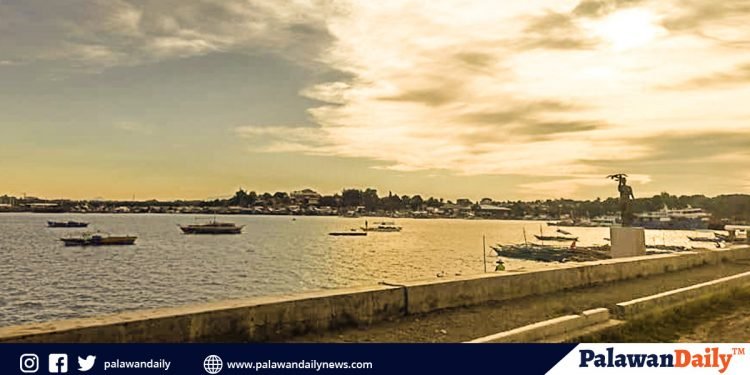

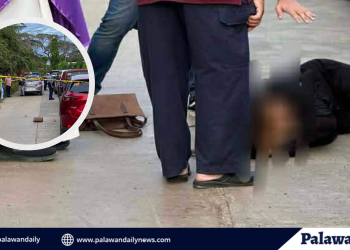
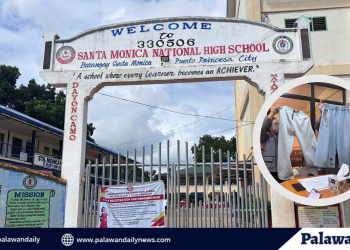
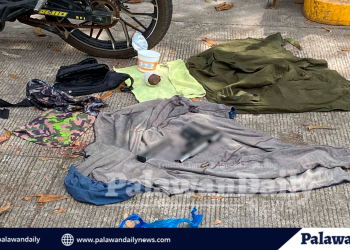
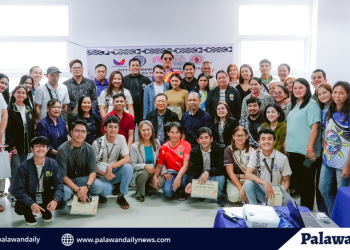
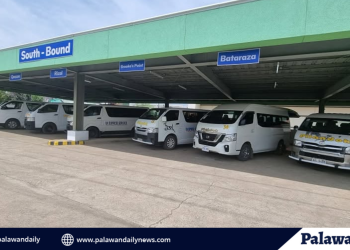
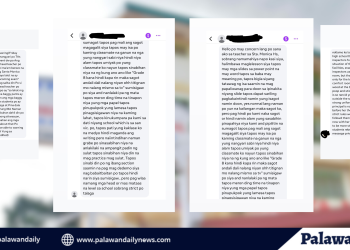









Discussion about this post